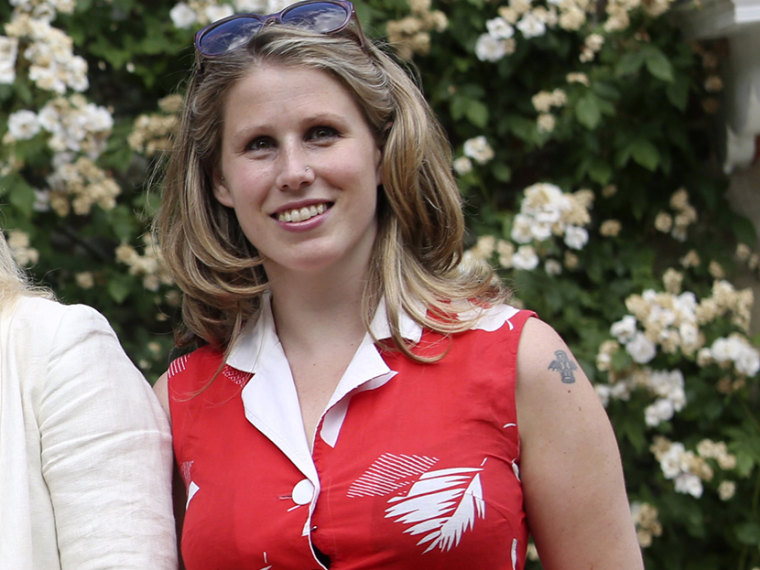It seems that threatening to rape and blow up women has turned into a dangerous new trend on Twitter.
British journalists India Knight and Laurie Penny became the latest high-profile women who have logged onto the social media site only to find violent and disturbingly specific threats to their lives, The Guardian reported on Monday. Penny took a screenshot of the threat and tweeted it to her followers:
This is the bomb threat I just received. http://t.co/GyVLCdeFBE— Laurie Penny (@PennyRed) August 5, 2013
The tweets are the latest in a spate of online attacks targeting prominent British women in the weeks since it was announced that the image of novelist Jane Austen would appear on the forthcoming £10 banknote. Caroline Criado-Perez, the writer and feminist campaigner who successfully organized the push to feature a woman’s image on banknotes, began receiving rape threats shortly thereafter, as did Labour MP Stella Creasy, who publicly supported Criado-Perez.Creasy also received a tweet of a masked man holding knife with the message: "I'm gonna be the first thing u see when u wake up."Historian Mary Beard, Guardian columnist Hadley Freeman, Independent columnist Grace Dent, and Europe editor of Time magazine Catherine Mayer were among the women who said they’d received bomb threats similar to those of Knight’s and Penny’s.In response to heated criticism, Twitter announced on Saturday that it would begin cracking down on harassment. The company updated its “Twitter Rules” to clarify that abusive posting would not be tolerated, and announced the development of an “in-Tweet report button,” which would allow users to circumvent the help center and file a report directly from a tweet. Additionally, they announced plans to work with the UK Safer Internet Centre and to hire additional staff to the teams that handle abuse reports.“We are committed to making Twitter a safe place for our users,” said Del Harvey, senior director for trust and safety at Twitter, and Tony Wang, the company’s UK general manager, on Twitter’s UK blog. “We’re here, and we’re listening to you.”While the revamped reporting system would be a “good start,” said writer and political analyst Zerlina Maxwell to msnbc, it would not be enough to effectively prevent cyber threats in the future.“Sometimes, [abusers] just pop back up, and I think that’s the issue that is more important for Twitter to take care of,” said Maxwell, herself a rape survivor and a victim of online rape threats. “There needs to be a way to hold them accountable.” The threats, she said, are “definitely not slowing.”What Twitter needs to develop, recommended Maxwell, is a tighter relationship with law enforcement so that online abusers cannot simply create a new anonymous account when they’re suspended. But such prescriptions could prove antithetical to Twitter’s mission as a promoter of free speech.
Allowing people to post on Twitter anonymously “enables political speech in countries where political speech isn’t particularly welcome or worse,” said Twitter Chief Executive Dick Costolo in an interview published Sunday in the Wall Street Journal. “We think that’s really important,” he added.
The downside, however, is that sometimes people tweet “horrible, disgusting revolting things,” said Costolo.So far, two arrests have been made in connection with the rape threats to Criado-Perez and Creasy, The Guardian reported, and the Metropolitan police have opened an investigation into a number of other allegations.But change won’t come, said Maxwell, unless women continue to publicly shame their attackers. “What they want is for you to shut up,” she said. “I don’t think there’s any utility in not exposing it.”Others disagree. Even after Twitter announced its abuse report button, hundreds of thousands of users on Sunday staged a boycott against the site called #TwitterSilence. The boycott incited a fair amount of controversy in and of itself, inspiring a counter-movement to “shout back” at trolls, not stay silent in the face of bomb and rape threats.“Rape is about power; it’s not about sex,” said Maxwell. “A rape threat is about power as well. It’s about shutting women up. It’s about putting women back in their place.”“I refuse to be bullied into silence,” she said.
